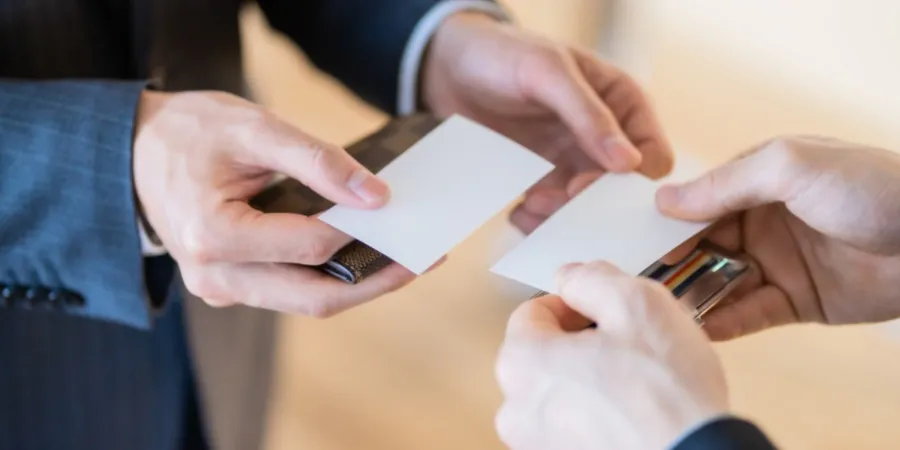
Things to Avoid When Communicating with Japanese People
As a country that highly values cultural etiquette, many tourists find themselves uncertain about actions that may make Japanese people uncomfortable or be perceived as impolite.
Here are some things that you should be aware of if you do not want to come off as rude in Japan:
1. Incorrect Chopstick Placement:
Dining etiquette in Japan is heavily influenced by cultural norms. Proper placement of chopsticks and spoons is crucial; they should be neatly arranged and parallel to the edge of the table or bowl. Leaving chopsticks scattered or sticking them into a bowl signifies disrespect to your dining companions.
2. Street/ escalator etiquette
Preserving order in public spaces is a cherished value in Japan. Follow common rules such as standing on the left side of escalators and walking on the right, somewhere in contrast. Forming orderly queues is crucial, and avoiding blocking pathways demonstrates consideration for others.
3. Failure to Sort Garbage:
Japan has strict waste disposal regulations to protect the environment. Neglecting to separate trash properly may lead to disapproving looks or even reminders. Adhering to waste disposal guidelines is essential.
4. Inappropriate Handshakes:
Handshakes are not the preferred greeting in Japan. Instead, opt for a bow - a traditional and respectful form of greeting. Initiating a handshake might be considered awkward or impolite.
5. One-handed Business Card Exchange:
Exchanging business cards (meishi) is a formal ritual in Japan. Use both hands when offering and receiving a business card. Take a moment to examine the card before storing it, demonstrating respect for the other person.
These guidelines should help you navigate social situations in Japan more smoothly. Remember that respecting local customs is key to creating positive impressions and building good relationships. Stay tuned to GoEMON for more valuable insights into Japanese culture!






